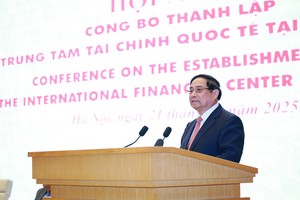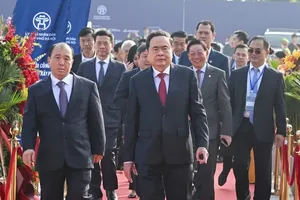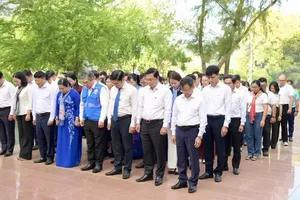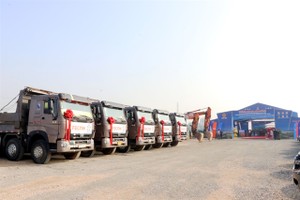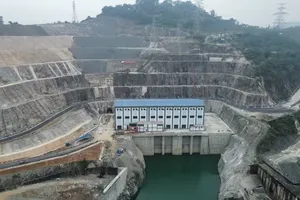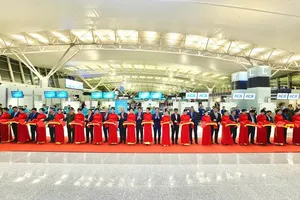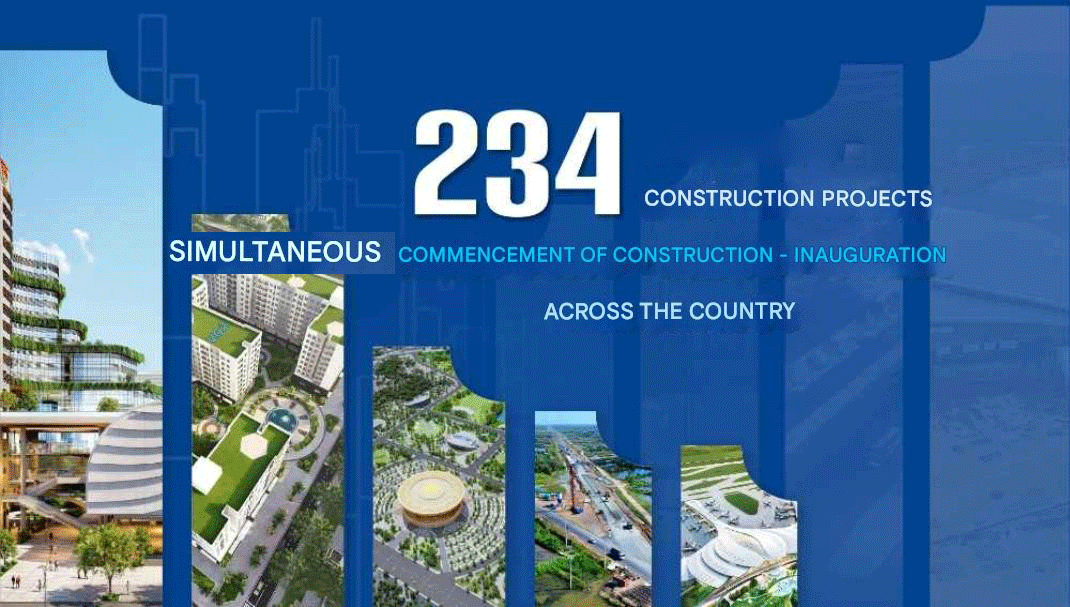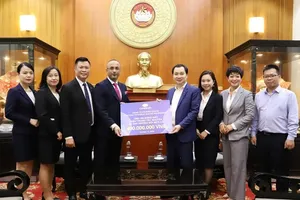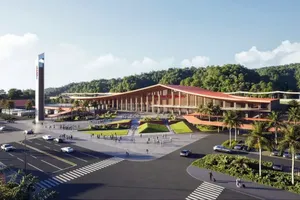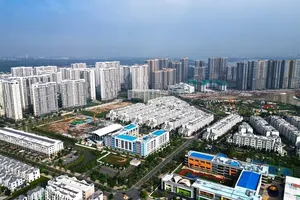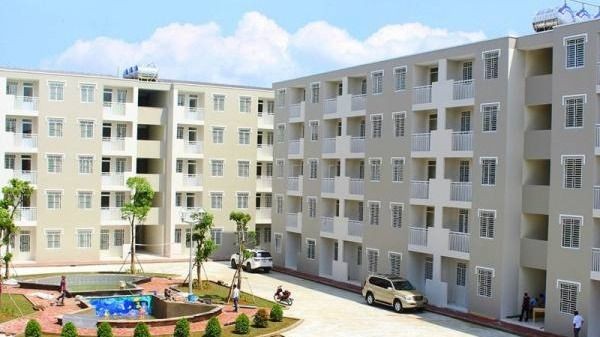
The government had earlier set a target to complete some 130,000 social houses this year. The mission is part of the government’s program to build one million affordable housing apartments by 2030.
According to reports from localities, from 2021 until now, the whole country has 503 social housing projects that have been implemented with 418,200 units. Of these, 75 projects with 39,884 apartments have been completed, 128 projects with 15,379 units have been kicked off and 300 others with 262,937 units have been approved for investment. These figures indicate that it is difficult to reach the goal of completing 130,000 social housing units in 2024.
According to the Ministry of Construction, the disbursement progress of the VND120 trillion (US$4.7 billion) credit package for social housing development is relatively low at present. Besides four state-owned commercial banks, including BIDV, Vietinbank, Agribank, and Vietcombank, TPBank and VPBank have also registered to participate in the program with an amount of capital of each bank of VND5,000 billion (US$195 million).
However, as of now, only 32 out of 63 provincial People's Committees have submitted documents or made announcements on the lists of projects participating in the program on their public service portals. Accordingly, there are a total of 73 projects. Of these, Hanoi, Ho Chi Minh City, and Bac Ninh have six projects each, while Binh Dinh has five projects. Commercial banks have only disbursed a total of VND1,234 billion (US$48.2 million).
Director of the Department of Housing and Real Estate Market Management under the Ministry of Construction Hoang Hai said that the ministry has issued additional guidelines on defining the list, entities, conditions, and criteria for preferential loans for developing social housing, worker housing, and renovating or rebuilding apartment buildings.
According to conditions for investment loans for social housing projects, investors must receive the authority to decide investment policy in accordance with the laws on investment and housing, be selected as an investor according to the housing laws, and have land allocation decisions or land use rights according to the land laws.
Therefore, the guidelines have streamlined the conditions regarding land clearance compensation and construction permits. After the projects are announced, investors must ensure compliance with credit laws and reach agreements with banks to secure loans.
The Ministry of Construction also highlighted a positive sign of over 10,000 hectares of land nationwide that have been allocated for social housing development compared to a report of 3,359 hectares in 2020.

